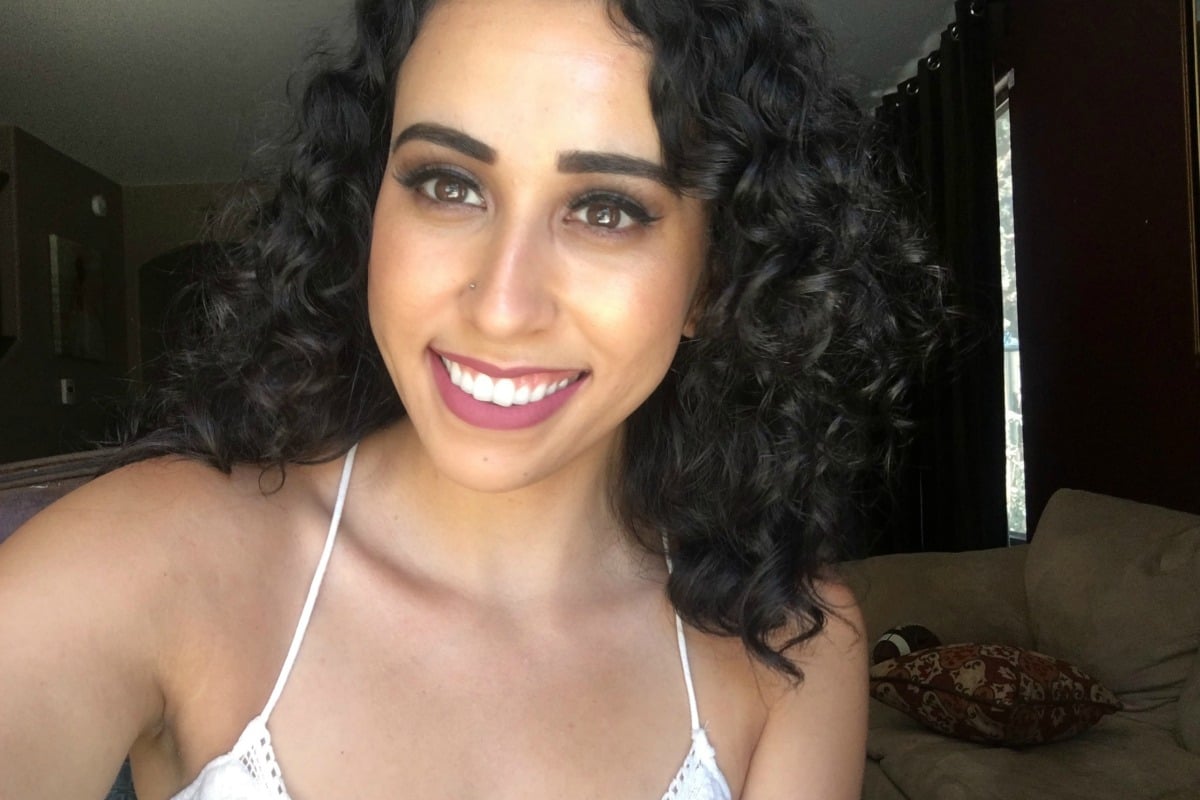
No matter how much I try to convince myself otherwise, my desire for acceptance from my parents will never go away. I grew up in a strict Catholic home, where religion was the foundation for our family.
There was a lot of love in our home; no one could argue that. But everything revolved around the church and I learned as an adult: without religion, there wasn’t a solid foundation for our family.
When we were kids, our parents built our daily life around a church schedule. Catechism classes every Wednesday, which my parents both taught. Thursday afternoons were for altar server practice. Confessions were on Saturdays, which we could not miss, or else we’d be forbidden to have Sunday communion.
In our family, our relationship with God was more important than our career, our well-being, our education, and our family.
As I grew older, I became confused with most of the practices in our Catholic home. I wish they didn’t ground me for questioning certain rituals – like why it was necessary to confess to a priest every week.
I wish they didn’t tell me my body was a temple only for God, and I wish they didn’t teach me anyone who had sex before marriage was a sinner and in desperate need of my prayers.
Dr Justin Coulson helps a podcast listener who’s worried she’s yelling at her kids too much. He discusses dealing with conflict without raising your voice. Post continues below.
In high school, my best friend lost her virginity and she called me crying after it happened. She was confused, scared, and needed someone to talk to. I responded with anger. I was only mimicking what I learned was appropriate in that situation.

Top Comments
Every religious tradition contains wisdom, grace, beauty and truth. No religion contains all of it. So very sad that a lack of understanding-by parents or by clergy- deprives so many of us of what is available in religious thought and understanding of the human condition over thousands of years. Don't be afraid to look around. It is very possible to live by any religious principles which resonate with us, by the example of any religious figure who seems to draw us to him/her. We don't have to sign on to everything claimed by any one religious system or organization. Blessings of peace, love, hope and strength to us all.
This is so,so sad to hear.You should never ever have to put up with that from anyone least of all your parents .I grew up as a Catholic until I was 11 and I am glad we moved away from that.Believe in what or who you want to believe but never force it on anyone else and as much as you want your parents praise you are probably never going to get it.I am 47 and still never right,so move on and be loved by the scores of new friends and people you meet who will become your family and who you will turn to.Jess you sound like an amazing person.Be super proud of what you have achieved.If I was lucky enough to be your parents,I would be giving you the biggest hug ever because you deserve it.
Believe in the people who believe in you!